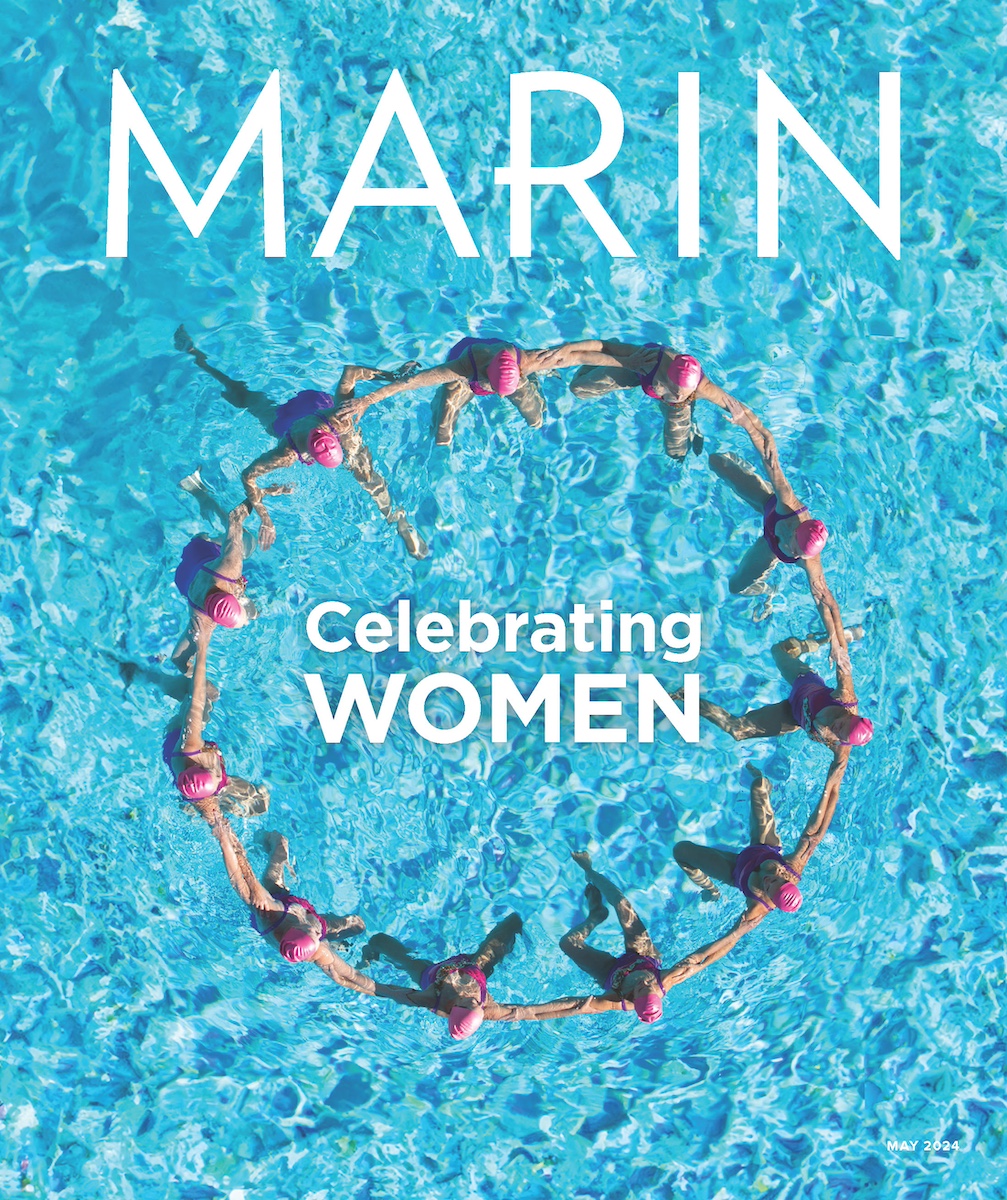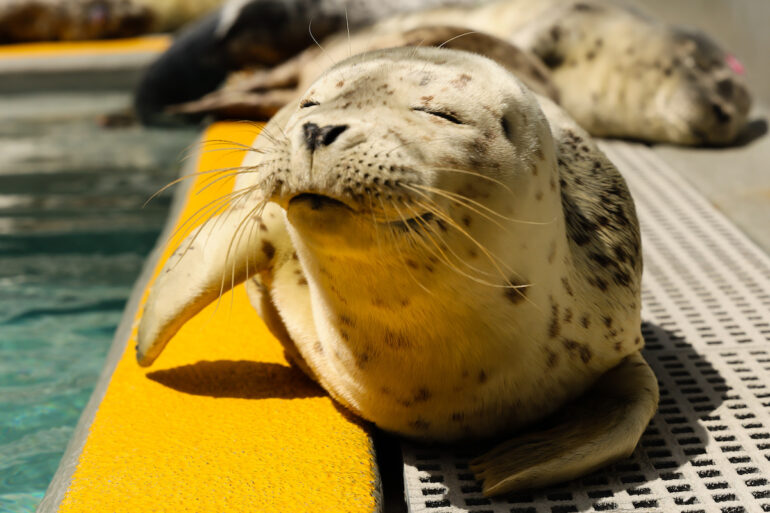As spring nears, newborn seal pups start appearing on our shores, whether it’s mammoth, saucer-eyed northern elephant seal babies or roly-poly, spotted Pacific harbor seal pups. Luckily, Marin is home to The Marine Mammal Center, which rescues and rehabilitates these seals so they can be returned to the wild.
Elephant seal pups, which are born earlier in the year, had a rough start with the intense storms that have been hitting our coastlines. While elephant seal babies are still being born, now it’s the season for harbor seals pups, and they will continue show up on our beaches throughout the spring.
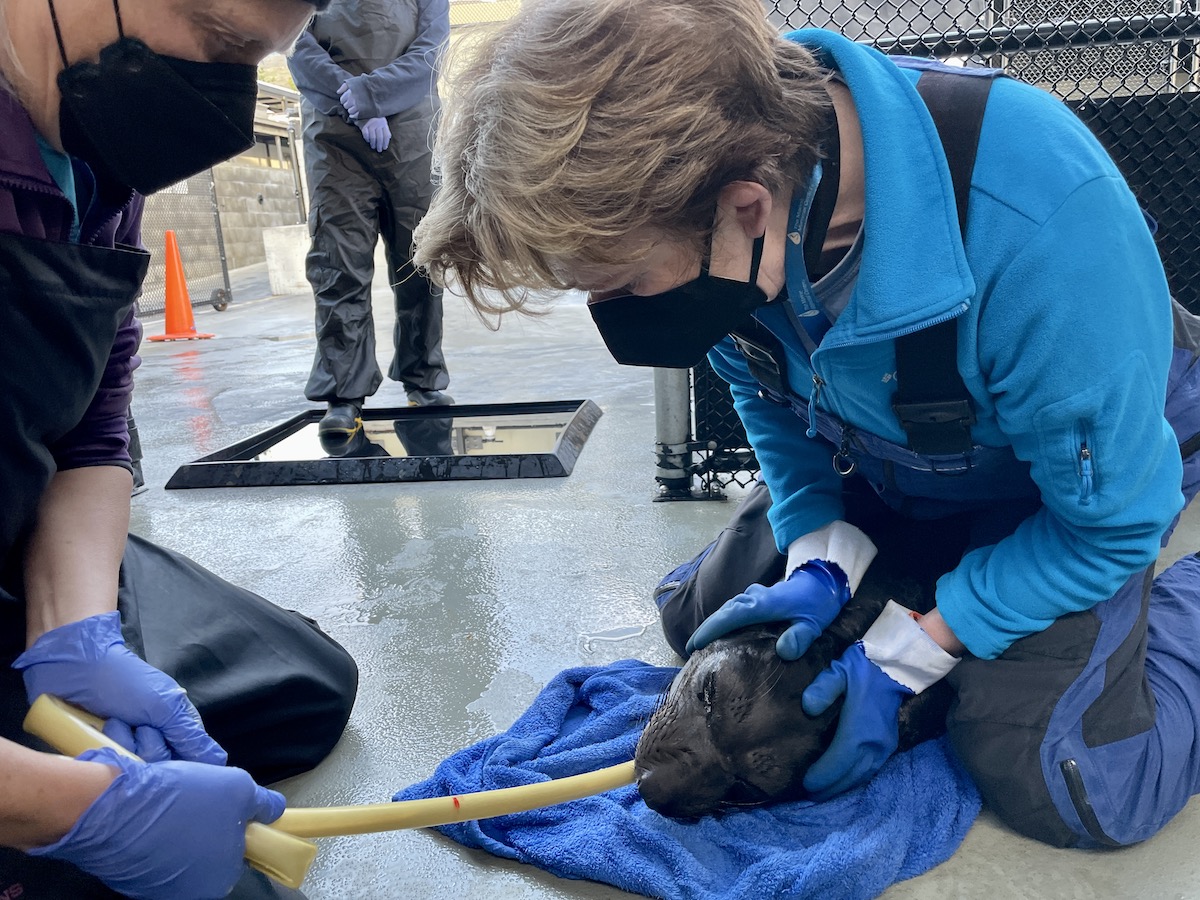
While harbor seals are born able to swim, they are extremely vulnerable in their first month of life, which they spend with their mothers learning to fish. Unfortunately, this is also the time when human tend to come in contact with the animals and sadly, create problems.
“Last year we counted 160 cases of marine mammal harassment across our 600-mile California response range,” explains Adam Ratner, Associate Director of Conservation Education at The Marine Mammal Center. “This is a huge issue both in Marin and throughout California. Some issues that the animals face we can’t prevent. This is one area where we can make a huge impact.”
It’s often a case of misunderstanding by people with good intentions that ends up sending seal pups to the marine hospital, especially when it comes to harbor seals. People will spot these incredibly adorable pups seal alone on the beach, calling out with a cry that sounds like “mama”, and so will pick them up wanting to help and thinking they are in distress.
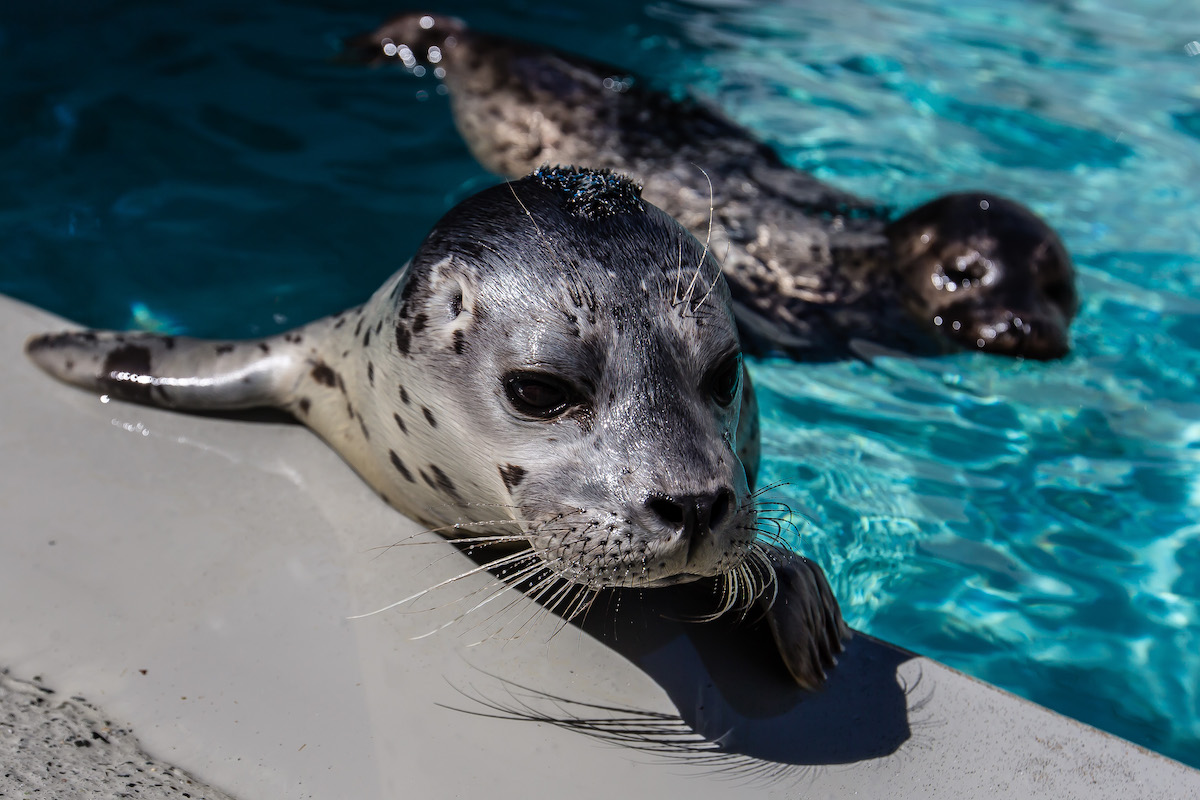
This is the last thing you should do. Seal moms leave their pups alone while they go to hunt, so humans trying to rescue a baby seal often end up unintentionally separating them from their mothers and sending them unnecessarily to the marine hospital.
It’s not only people, but also dogs getting too close to a seal pup can scare the mother away, who is often nearby. “When you find a pup, let the experts evaluate the seal,” Ratner says. “The mom is often just a little offshore out of eyesight. We need to give the mom the opportunity to come back — the pups often aren’t sick.”
It’s more important than ever that we do our part to help protect wildlife. Seals are facing bigger problems as the effects of climate change are creating less space for seal colonies and their babies, thanks to changing weather and rising sea levels.
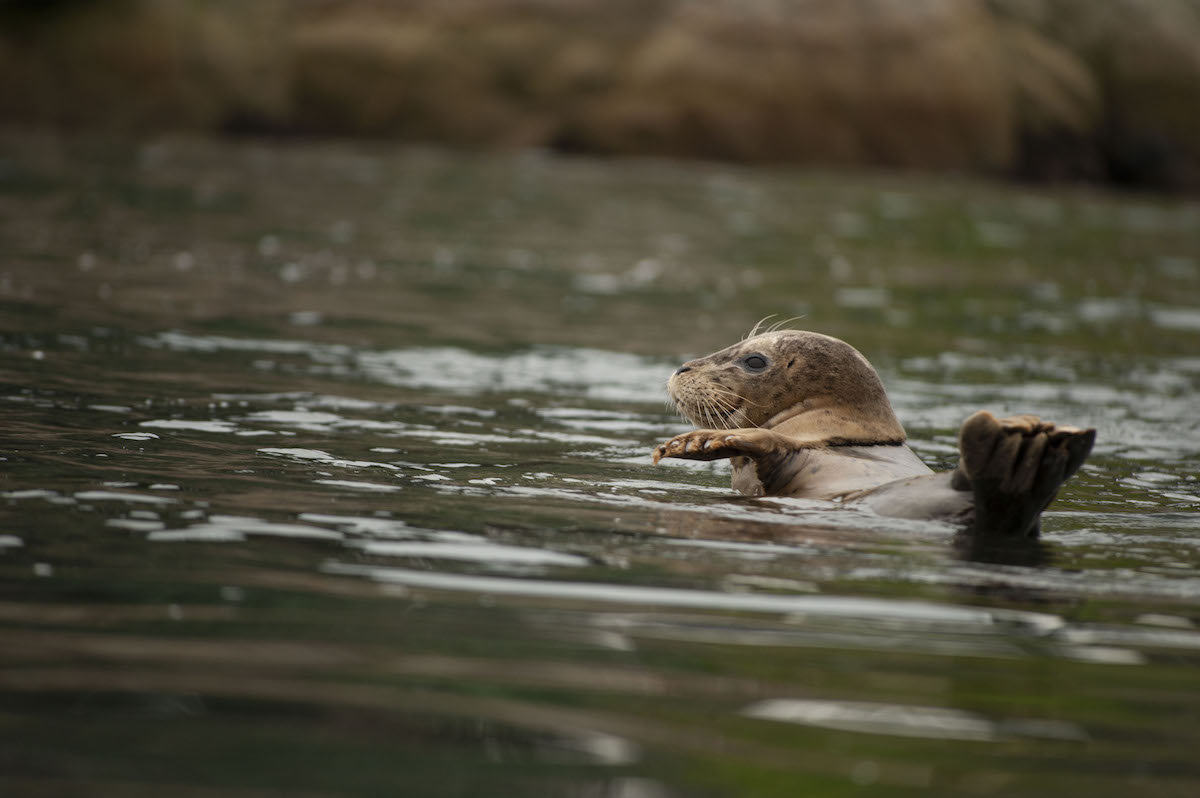
What to do if you see a baby seal:
- Keep a Safe Distance. Whether you’re on the water or walking on the beach, keep your distance and keep pets on a leash.
- Use Your Zoom. It’s ok to take photos and admire the animals, but if you’re so close that you’re not using your zoom or they’re reacting to you, then you’re too close.
- Call. If you think a seal might be in distress, call The Marine Mammal Center’s rescue hotline at 415-289-SEAL (7325). They will monitor the animal and, if necessary, send a trained responder to rescue it safely.
If you’d like to learn more about our local seals, visit the Marine Mammal Center’s website, visit in person in the Marin Headlands, or sign up to volunteer.
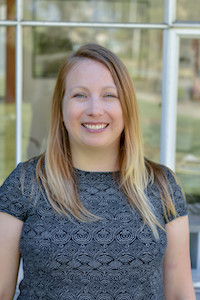
Jessica Gliddon is the Group Digital Content Manager for Marin Magazine. An international writer and editor, she has worked on publications in the UK, Dubai and Cape Town. She is a graduate of UC Santa Cruz, and is the former editor of Abu Dhabi’s airline magazine, Etihad Inflight. When she’s not checking out the latest exhibit at SFMOMA or searching out the best places to eat and drink near her home in San Francisco, she volunteers at the Marine Mammal Center in Sausalito.
